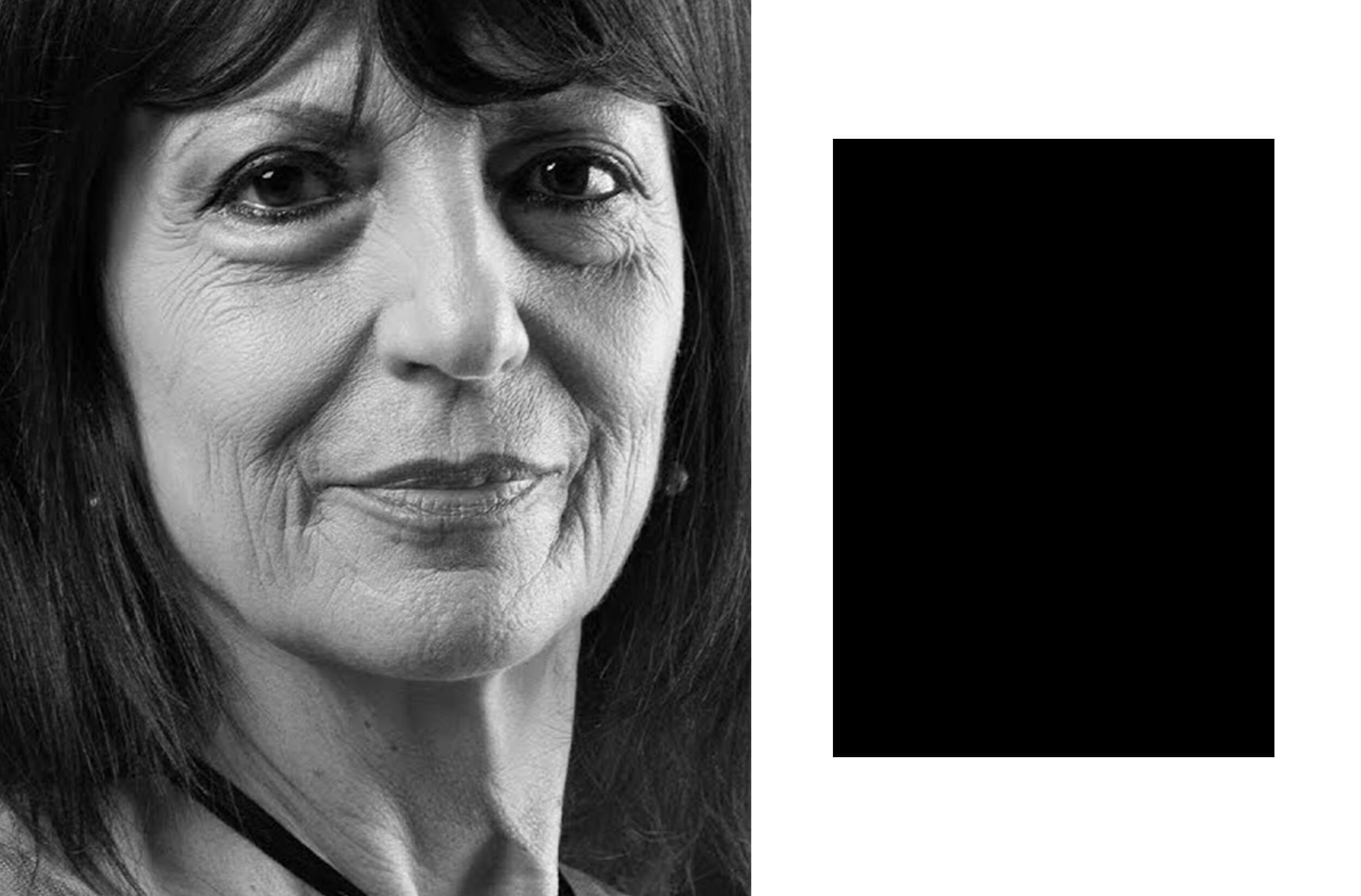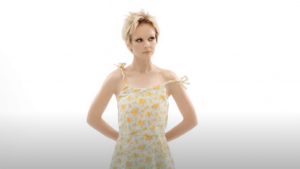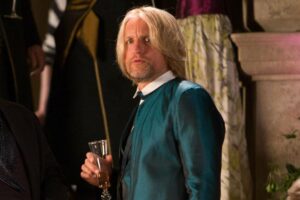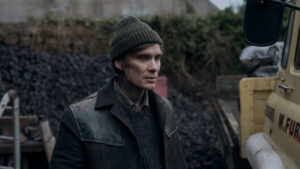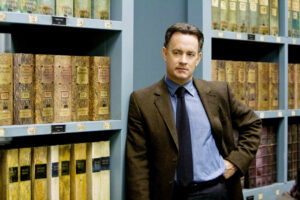Going beyond: a border, infinity, the sky.
Usually, this concept is approached in metaphorical terms. Antoine de Saint-Exupéry instead, has succeeded in the course of his life in this incredible enterprise, both personally and through his works, one above all, “The Little Prince”. It would be reductive to try to describe his work and existence in a few lines: to deepen his knowledge, and become co-pilots of his exploits and emotions, we advise you to read “Stealing the night“, the latest novel by Romana Petri, nominated for the 2023 Strega Prize.
From his work, we know a writer who is first and foremost a man, a son (a theme, that of maternal affection, that’s very important for him), a pilot, a husband, a lover, a romantic, a writer, a god: moved by desire and passion, in a perpetual search for eternal childhood, Antoine de Saint-Exupéry lived his life with ardor; the same feeling that moved the pen of Romana in writing this portrait that’s so reliable, despite being poised between sources and fantasy.
Precisely this feeling we discussed with Romana on the occasion of SalTo 2023: with her, we went beyond the clouds and, from above, we admired the personality of Antoine de Saint-Exupéry, his qualities and complexity, the illusion of loving oneself and the courage to do just what is right and necessary. In search of that star that is all ours.
Congratulations both for the book and for the nomination. The first question is perhaps a must: where did the desire, which later became a need, to tell the life of Antoine de Saint-Exupéry come from?
It was a love of my youth that later came back at my most mature age: two or three years ago, in fact, I reread all of his work, since he was a writer of the highest quality. At some point, I thought, “He’s really been forgotten,” and he wrote some wonderful things! Now we know that he wrote “The Little Prince” and, sometimes, in reality, we do not even know that he wrote it. Reading it and reading it so much again, in a very passionate way, at some point I felt that I had taken the chance to speak with his voice a little, so I opened the computer, and in half an hour, I wrote the first letter to the mother. This is the common thread that will be the fil rouge because these letters written by me to the mother are a kind of self-confession, self-analysis, and memories. It is true that I target the mother whom he calls “the well of my soul,” but let’s say that it is a form of self-knowledge that he does in this way.
This narration of eternal youth also reminded me of the whole theme of Leopardi’s child: do you personally live this eternal childhood?
Let’s say that his eternal childhood is a sort of illness and that, by making the little boy die in “The Little Prince”, since it was him, he also gave a definitive cut to his childhood as a year later he dies. But he was just an enhancer of childhood as a wonderful moment, and, at the same time, he regretted it even when he was a child. So he went far beyond childhood as an adult, because he felt that every day of childhood that passed was one day less. It was also a kind of possession that he exercised over the maternal body.
And how do you perceive this feeling of eternal childhood in your life?
He always considers desire as the past of pleasure. So, he chases things, but if he tastes them and comes to enjoy them almost completely with thought, so much so that when he reaches them he would like to start wanting something else, this is typical of the childish world but also of the romantic vision of life. It is a continuous succession of desires, things to do, and wanting them so much because imagination allows you to enjoy something even if you do not have it. He was like that, a bit like he was also one of the first romantics.
As an author, how did you balance the sources available to you with your creativity and imagination?
So I read everything about Saint-Exupéry in an almost obsessive way and things about him as a criticism, I read all the biographies I found, but the thing that influenced me the most are his novels, because to grow the voice inside you are the words that he writes, Not the ones that others write. I worked on all possible and imaginable sources, also because I did not want to make something happen three years before, so that served me to put dates, points; but then there are all his feelings, thoughts, dialogues, his letters to his mother, wife, lovers, the moment when he creates “The Little Prince”, that is my stuff, I don’t know if it really went like that.
He was a crazy man because he could be a man who wanted a woman sexually but he could also want her to spend a night hugging, eating two scrambled eggs together, and looking at the stars… So from this point of view, he was a complex man but also complete, because I believe that to a woman, having a man like this is beautiful, isn’t it? Because he becomes a friend, a confessor, a lover, a friend…
But he loved from afar because he had to fly, he had to enjoy the silence of the sky and the desert, which he always found very similar. Then he swallowed himself up, and when he was closed up in this total solitude, he found things that he then threw out, and then he wrote them because he liked them to be things that he had gone to look for almost in his bowels.
Speaking of this, as I think much of the world, I know that he is the author of “The Little Prince”, and “The Pilot”, I know that he was a pilot in the first place, but reading his novel I discovered a man full of facets and details to analyze. For you, what was the aspect of the character, of the author’s personality that was most interesting to discover or that surprised you the most?
The ability to suddenly change the mood, its unpredictability. He had two characteristics that I liked: his falling into a tragic mood, but then being able to make his existence a hymn to life, because in any case he loved life, he loved the body, corporeality, food, drink, women, and then he could fall into a deep darkness. Not surprisingly, I also wrote a novel about Jack London, because I like the idea that even in the greatest sadness, sometimes life is still worth to be appreciated, to be enjoyed, even simply the fact of looking at a beautiful panorama. There is a beautiful moment when he and his friend Léon Werth invite two fishermen, one Danish and one German, to have a drink on the river. With them, they cannot understand each other linguistically, but while they are there drinking, in this golden river on this beautiful sunny day, at a certain point all four smile at each other and he says: “See, words are useless, a smile is enough, we understood each other much better than if we had all spoken the same language”.
This also refers to my next question: is there a narrative of what is the bitterness, the sadness that is inherent in all of us? Personally, where do you find refuge to illuminate the night?
Certainly in the relationships with my loved ones, when I listen to my son who maybe tells me about his problems, and also a lot with animals and sport. In the daily joy coming from the family, that is my son, dog, and cat, and in friendship, in which I believe so much.
“What if I really loved only the child I was? What if I had written that book to love me a little more?”: in an era, like ours, where the dialogue on mental health is fortunately becoming increasingly open and inclusive, how do you think Antonie would have managed to love himself? In the hope that he could have succeeded in that…
The idea that he would have been able to love himself is an illusion. Because even if he had everything he wanted, he would have wanted something else to be able to create some obstacle. But he was very skilled in having the faith of his own, linked to a god who had to be absent and devoid of words, a god a bit Janser, a palpable and priceless god.
His happiness, if he had succeeded, would have been to imitate God, who had incarnated to be close to us, disincarnating to be able to be a little more like a god and less like a man.
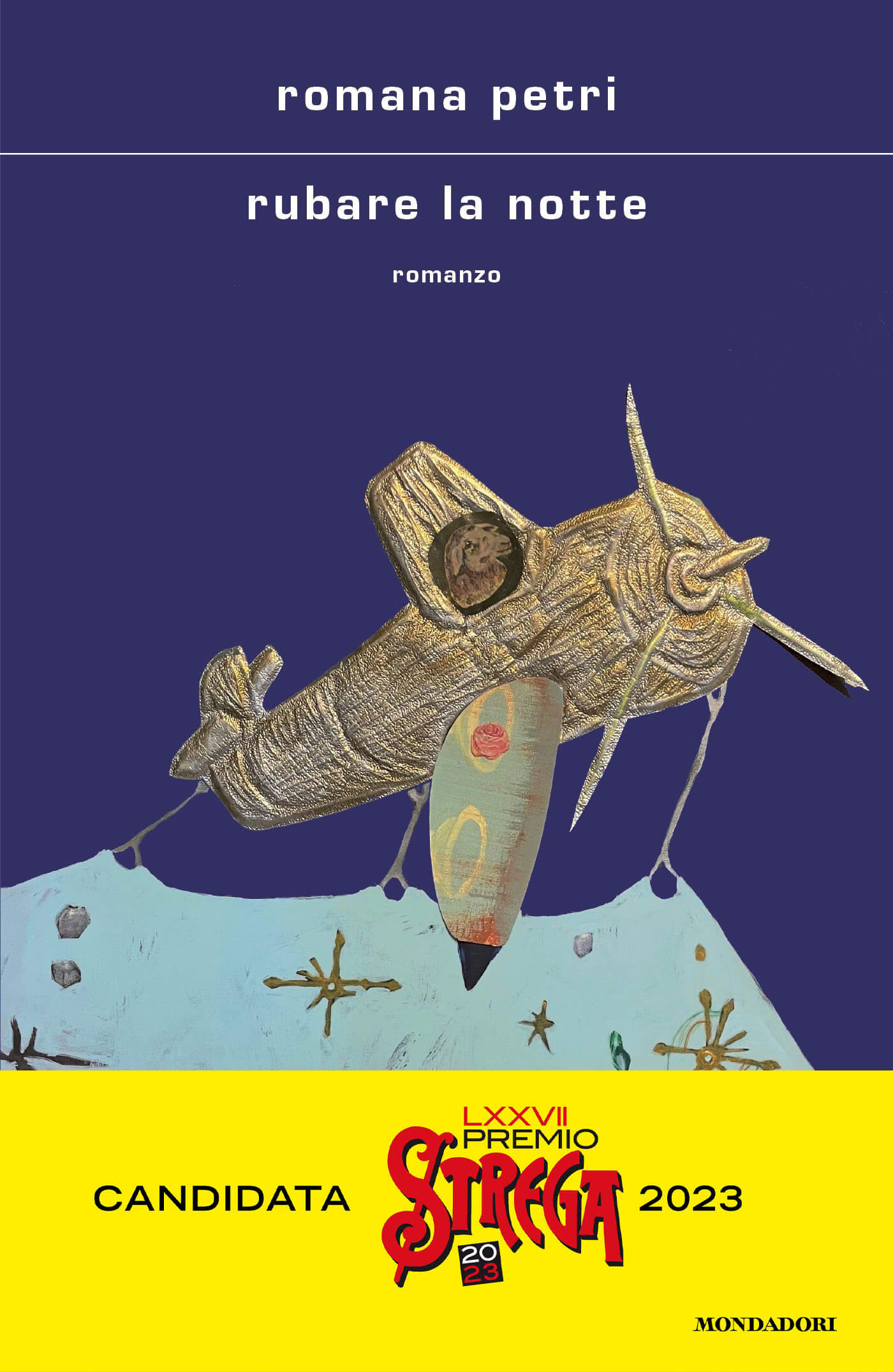
Speaking of love, between loving and letting oneself be loved, Tonio certainly shows courage, but he also shows us how thin the line between feeling and obsession is. Where is the limit between these two elements for Tonio and for you?
Luckily I have never experienced a love obsession, I believe in mutual triumph or nothing. Let’s say that as a man, he was rather looking for his triumph, but he was also very open. He cheated, but he could have also betrayed his wife. On this, he was very modern. He only felt obsessed when he was unrequited. Perhaps it was more important to him to be loved than to love.
“There is nothing better than being a thousand miles from every inhabited place to come up with magnificent ideas.” In what place or situation can you freely give vent to your ideas?
I have been writing for many years in bed, as soon as I wake up, or rather, after having had a rich breakfast. I prefer to write when the dreams of the night, even those I don’t remember and will never remember, are still there. Invisible, but there.
He said he wrote the novel about his life as if it were his own. What did you discover about yourself in the pages of your latest book?
I discovered the things that I found in me, such as willpower and perseverance. And the ability to isolate even among others. I have always read, written, and studied even in the midst of confusion. I would enter my protective capsule and the world would stay outside.
We celebrate the 80th anniversary of the publication of “The Little Prince.” What is the most important lesson that the work of Antoine de Saint-Exupéry left you with and that you still find relevant today?
The idea of completing one’s task only if we consider it right and necessary. This new form of courage.
In what way, for you, does writing represent a vehicle to enclose the infinite, towards which Antoine flies, in that finite space that is the page?
In this case above all the writing of others. With my creation, with that of others, I can really go elsewhere. With authors like Flannery O’Connor and Cormac McCarthy, it’s like having a flight license.
The book on your nightstand right now.
I’ve got several. But there’s one that’s always there: “Lonesone Dove” by Larry McMurtry.
We usually ask “What is your happy place?,” but, given the nature of the novel, I’ll change the question a little bit: beyond which cloud is your happy place?
I prefer an island, it’s too cold beyond the clouds and I love warm weather, the strong colors of the tropics of my beloved Brazil. My island is Fernando de Noronha.
Thanks to Mondadori.

